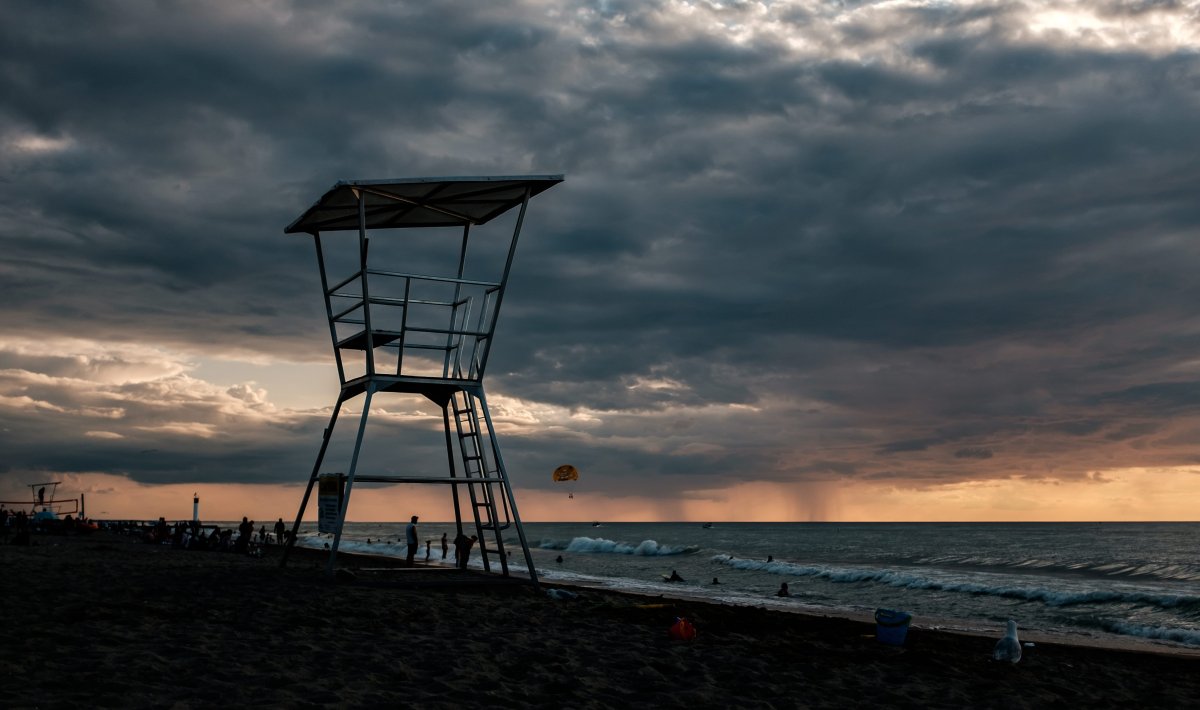With Tuesday marking the official start of summer, the London Health Sciences Centre (LHSC) is issuing a reminder to the public about the importance of water safety as Londoners hit lakes, rivers and pools to beat the heat or take in other recreational activities.

Speaking on The Morning Show with Devon Peacock on 980 CFPL on Wednesday, Jennifer Britton, an injury prevention specialist with LHSC, says three factors play in nearly all documented drowning cases.
“Lack of supervision, or swimming alone, doing water activities (and) swimming impaired, or not … using a personal flotation device,” she said.
“Most drowning victims never make it to hospital, so it’s not something we see in hospitals. But for those working in injury prevention, like myself, it is an area of focus.”
According to figures from the Lifesaving Society Canada, some 66 per cent of drownings take place between May and September, with 34 per cent occurring in lakes or ponds, and 29 per cent in rivers.
In 32 per cent of drowning fatalities, the agency says those involved were swimming, while 13 per cent were fishing, 12 per cent walking, running or playing near water, and 11 per cent power boating.
“Swimming lessons really do help with an individual’s comfort and confidence in and around water, but … they don’t prevent drownings,” Britton said.
- Trudeau says ‘good luck’ to Saskatchewan premier in carbon price spat
- Canadians more likely to eat food past best-before date. What are the risks?
- Hundreds mourn 16-year-old Halifax homicide victim: ‘The youth are feeling it’
- On the ‘frontline’: Toronto-area residents hiring security firms to fight auto theft
“What we need to focus on right now, today as you’re going to the pool or lake, is really that supervision and that buddy system … We’re really asking that people not go swimming independently.”
At least nine per cent of drownings occur in pools, according to the Lifesaving Society Canada, which pulls its figures from each province and territory’s chief coroner or medical examiner.
For those with pools, the important thing is making sure there are consistent rules in place, including always knowing who is going to be out on the deck supervising, Britton said.
“Everything happens so quickly and some people are confident around water and others aren’t, so it’s just that really advanced planning, and that’s (what) we say for all injury prevention initiatives,” she said.
More information can be found on the website of Lifesaving Society Canada.







Comments